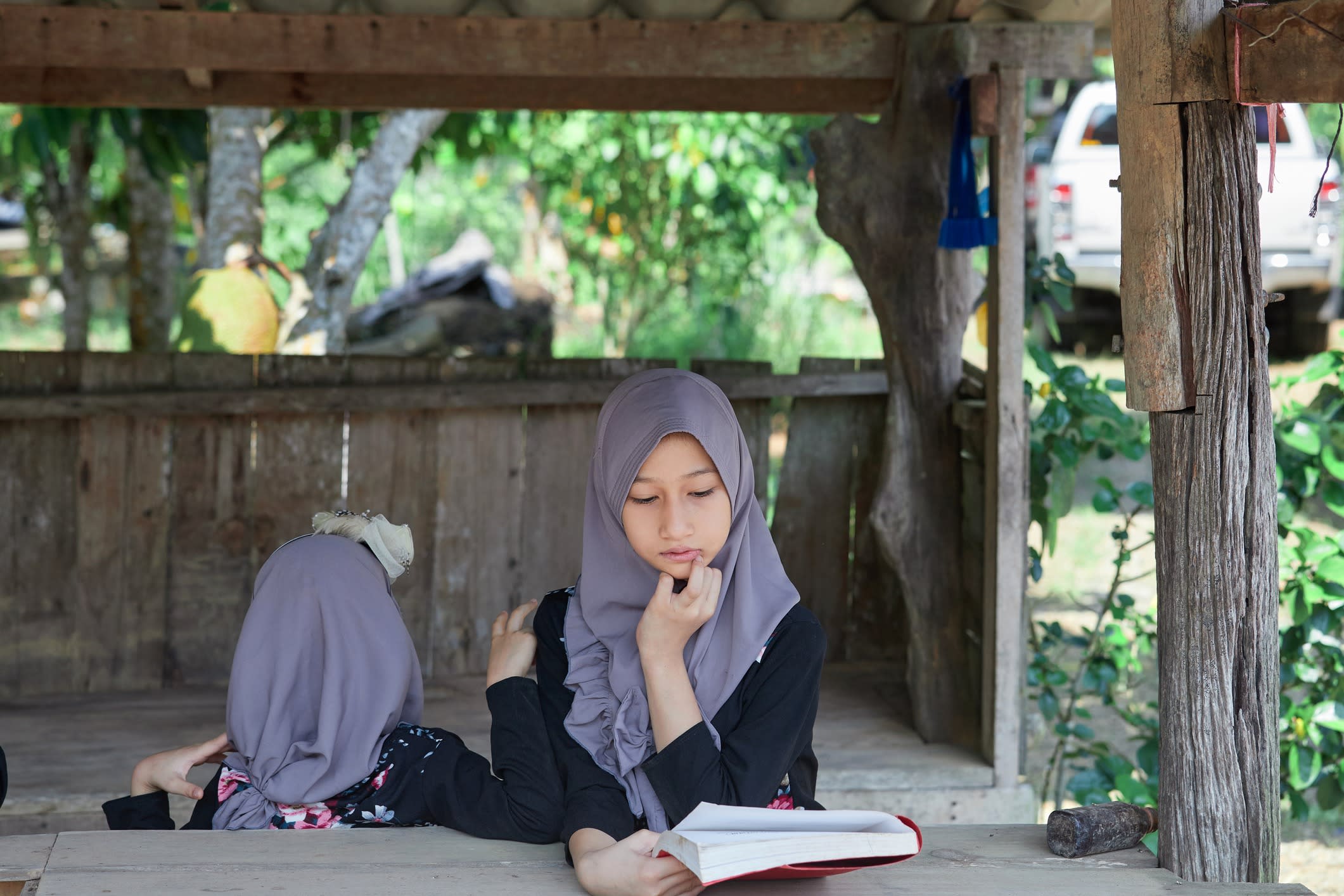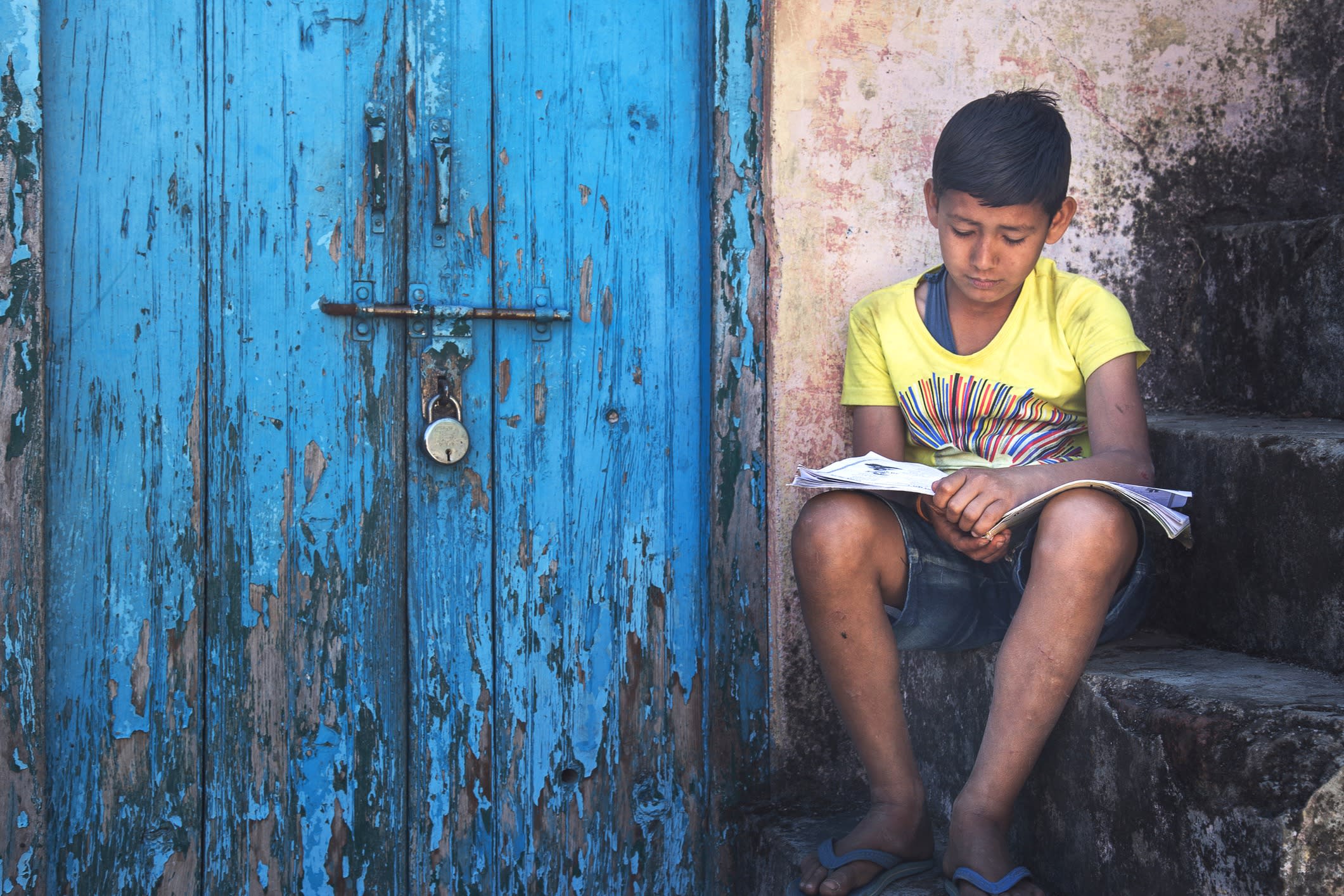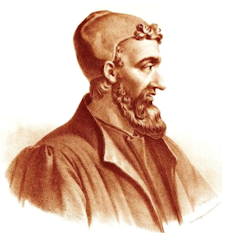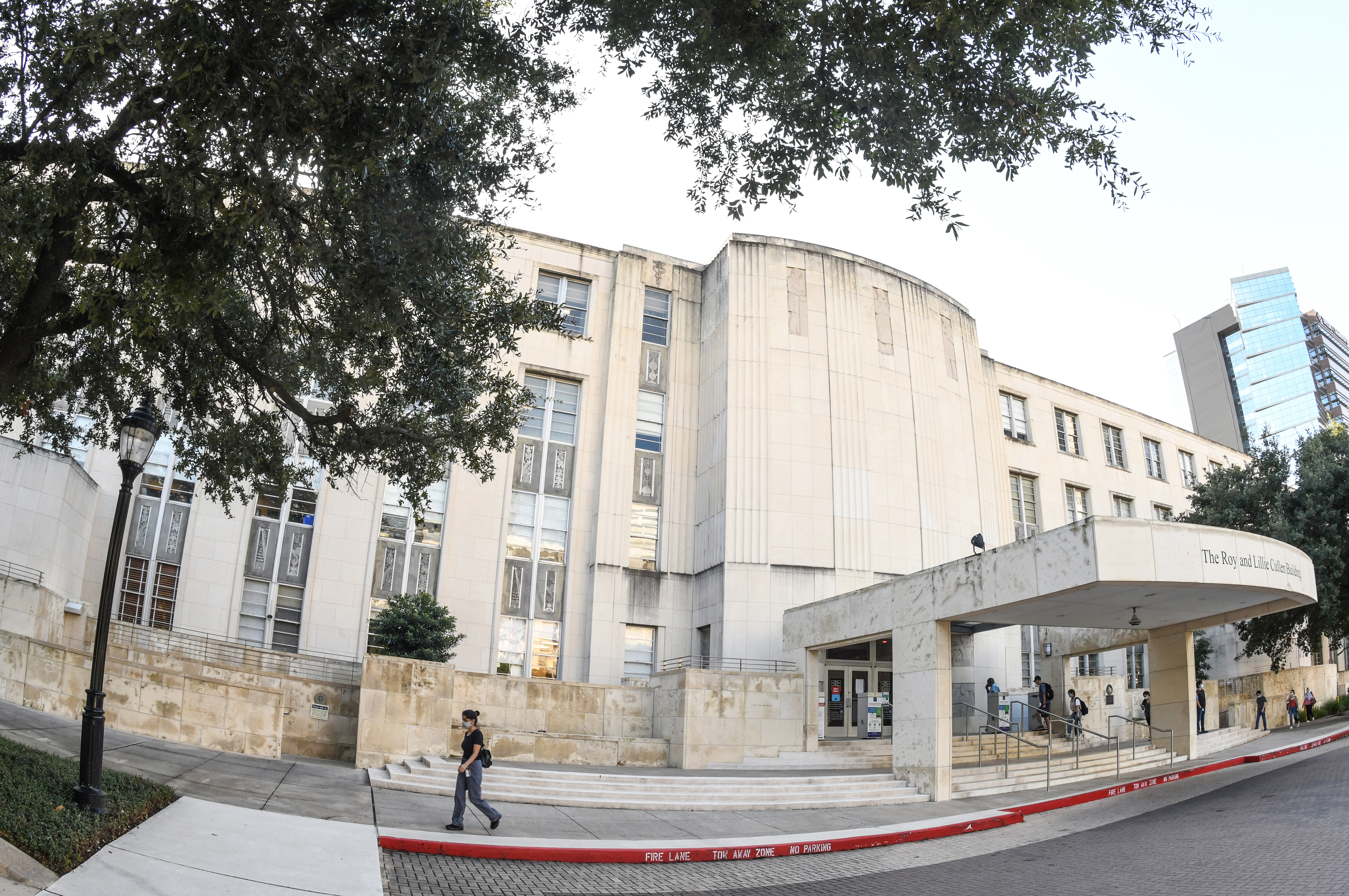As of the end of June 2023, 181,560 refugees and asylum seekers sought support and protection from the United Nations High Commissioner for Refugees (UNHCR) in Malaysia. Among them, 49,220 were children below the age of 18.
Jeron Joseph
PhD Candidate, School of Business, Monash University Malaysia
This has posed a significant challenge in the country – refugee education. The plight of displaced youths seeking access to quality learning opportunities has become a pressing concern. Their dreams and aspirations hang in the balance, with limited pathways to formal education.
Jeron Joseph, a first-year PhD student at Monash University Malaysia, is researching the education gaps faced by refugee youth in Malaysia. After working in the NGO sector for years, he witnessed first-hand the hardships refugees face, and their limited access to education.
Research 4.2
Breaking Barriers: The Struggle for Education and the Path to Well-Being for Refugee Youth in Malaysia by Jeron Joseph; Monash University
👨🏽🎓 pic.twitter.com/49ck86kEq2
– The ASEAN Research Center (@asean_center) June 20, 2023
Joseph’s goal is to identify the challenges and deficiencies in refugee education based on his experience working with a non-profit organisation called Dignity For Children Foundation.
As someone who’s observed poverty and struggles within marginalised communities, he emphasises the need for change, as well as the need to empower marginalised groups through education and empowerment.
Refugee children in Malaysia cannot attend public schools, leaving them with alternative options such as community schools, learning centres, and NGO schools. There are, however, challenges even to accessing these schools. In many cases, access to education is hindered by distance, crowding, and limited capacity, further exacerbating existing educational gaps.
Joseph’s preliminary findings indicate that 143 refugee schools are present, and only 36 are categorised as secondary schools. This highlights the urgent need to address the education disparities faced by refugee youth in Malaysia.
While the focus of his research is on improving education through socio-emotional learning (SEL) and leadership training, the results of the study could also be valuable for NGOs and policymakers seeking to advocate for policy changes in the future.

These young individuals have often endured traumatic experiences and face ongoing poverty and discrimination. By incorporating SEL into their education, refugee youth can develop constructive ways to cope with their traumatic backgrounds.
Drawing from studies conducted in the United States, Joseph stresses the positive impact of SEL on refugee youths who have experienced similar traumatic circumstances.
While waiting for resettlement, refugee youth in Malaysia face several socio-emotional challenges. Uncertainty about their future, educational disruptions, and the constant fear of being apprehended by Malaysian authorities contribute to high anxiety and stress levels.
Resettled refugee youth who have moved to the United States also expressed the need for empowerment and support in their schooling experiences.
Providing SEL training to educators
Joseph and his team are finalising SEL training, taking into account the findings from existing studies and identifying the gaps in schools catering to the refugee community.
Through this training, they aim to equip refugee educators with the necessary skills to provide SEL support to refugee youth.
Implementing SEL training can bring numerous benefits to refugee schools in Malaysia, and potentially in other countries where these youths may be resettled.
SEL promotes the development of social skills, empathy, effective communication, and cultural adaptation. It helps refugee youths navigate new environments, set goals, and persevere by enhancing their problem-solving and decision-making abilities.
SEL creates a learning environment that meets the unique needs of refugee students, allowing them to succeed academically, socially, and emotionally.

Joseph envisions that the implementation of SEL in the refugee education system can lead to positive systemic changes. A more holistic approach to education can be fostered by focusing on emotional wellbeing, social skills, and academic achievement. This change in perspective could affect education systems, making them more comprehensive and inclusive.
He emphasises the need to address the legal and policy framework in order to provide refugee youth with access to formal education in public schools.
The importance of psychosocial support
Psychosocial support through counselling services and community engagement initiatives is important for the wellbeing and development of refugee children and youth.
Collaboration between government agencies, NGOs, and stakeholders serving the refugee communities is also essential to ensure these vulnerable youths aren’t left behind.
As an early-stage researcher, Joseph is determined to make a tangible and positive impact on the lives of refugee youth. He envisions extending his efforts to address education gaps and support marginalised communities in various areas, including education, livelihood, and mental health.
His humanitarian goal is to ensure that everyone, regardless of their circumstances, has the opportunity to reach their full potential.
His research on education gaps and wellbeing support for refugee youth in Malaysia sheds light on the challenges faced by these marginalised communities.
By understanding and addressing these issues, Joseph’s work has the potential to create significant positive changes in the lives of refugee youth, and inspire a more inclusive and comprehensive approach to education worldwide.
As his research continues, his findings and implications will continue to contribute to the ongoing efforts towards supporting refugee education and wellbeing.
Jeron Joseph’s PhD work is guided by Professor Grace Lee and Dr Sharon Koh from Monash University Malaysia, and Dr Vivien Chen and Dr Nicola Charwat from Monash University.








